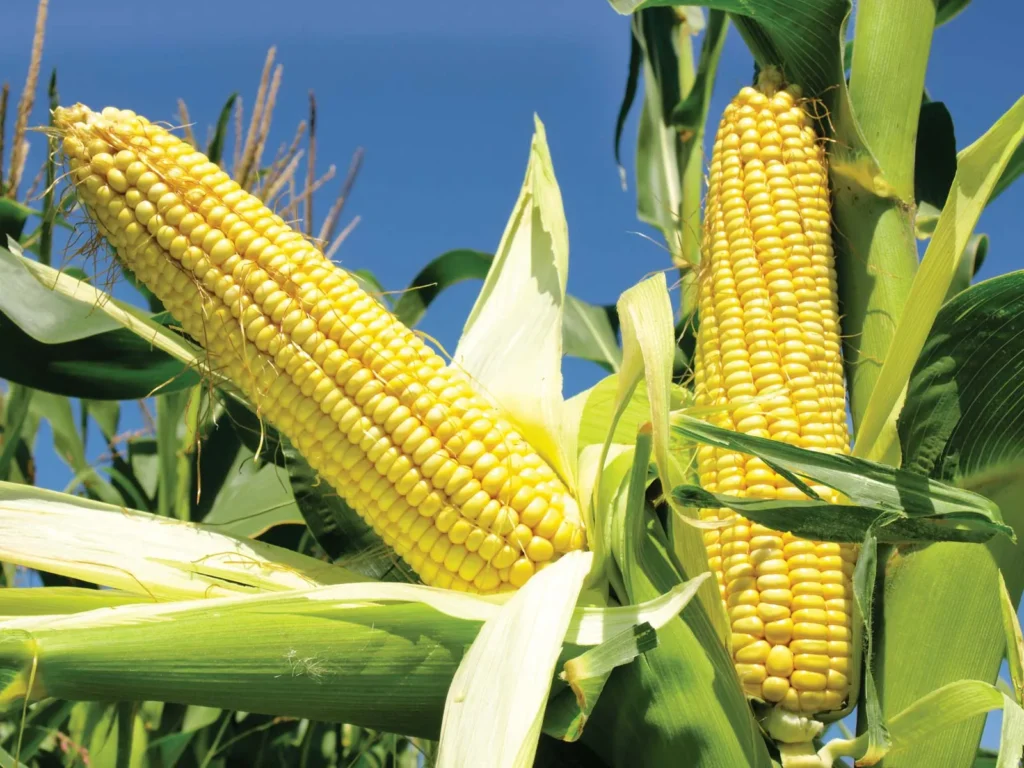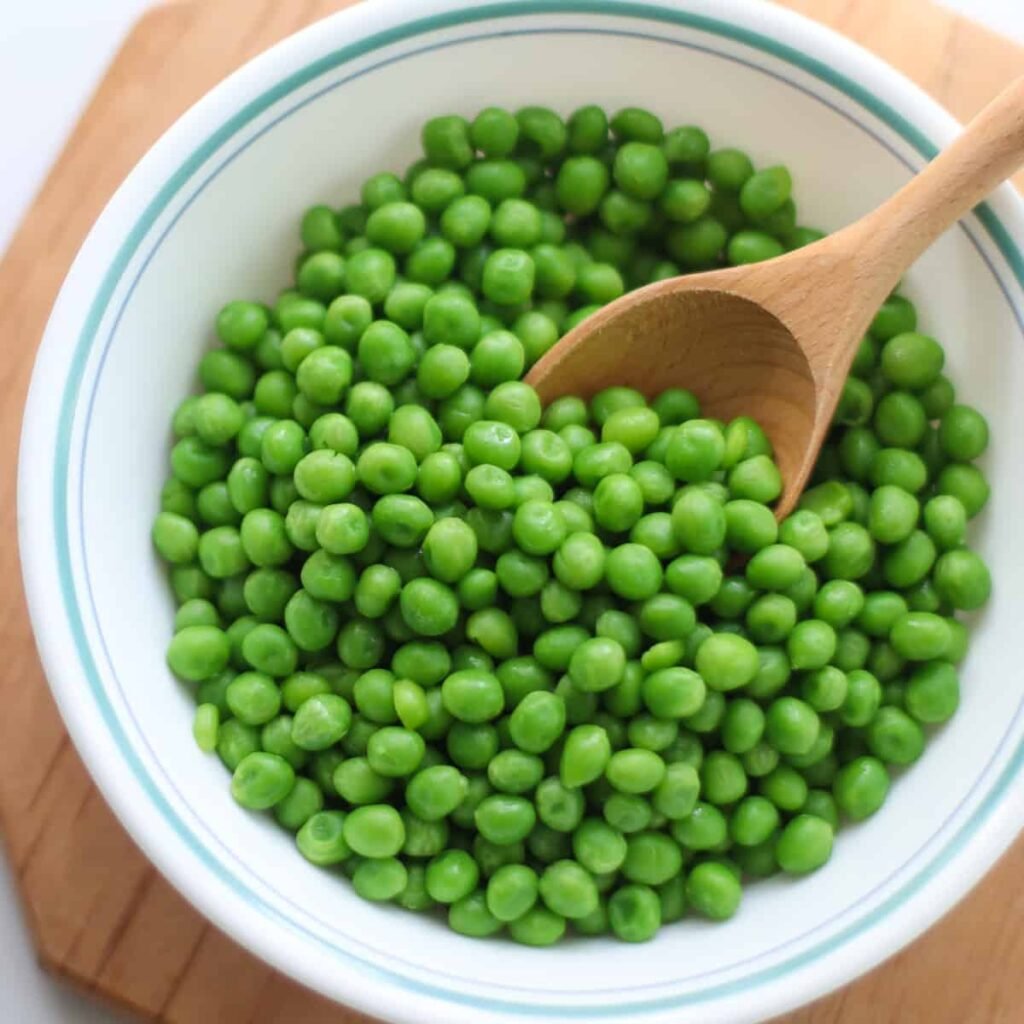When we think of healthy eating, vegetables often come to mind as the cornerstone of a balanced diet. They are packed with essential vitamins, minerals, and fiber, promoting overall health and well-being. However, not all vegetables are created equal. Some vegetables, despite their popularity and perceived health benefits, may not be as healthy as you believe. Here’s a closer look at six vegetables that might surprise you.
1. Corn

Corn is a staple in many diets, enjoyed on the cob, in salads, and as popcorn. However, while it’s undeniably delicious, corn might not be the nutritional powerhouse you think it is.
High in Sugar and Carbohydrates
Corn is high in natural sugars and carbohydrates, which can cause spikes in blood sugar levels. For individuals with diabetes or those trying to manage their weight, corn might not be the best choice. It has a high glycemic index, meaning it can quickly raise blood sugar levels.
Nutrient Density
While corn does provide some vitamins and minerals, such as vitamin C and magnesium, it is not as nutrient-dense as other vegetables. You might get more bang for your buck nutritionally from leafy greens or cruciferous vegetables.
Genetically Modified
A significant portion of the corn available today is genetically modified. While the long-term health effects of genetically modified organisms (GMOs) are still being studied, some people prefer to avoid them.
2. Potatoes

Potatoes are a beloved comfort food in many forms – mashed, baked, fried, or as chips. Despite their popularity, they may not be as healthy as you think.
High Glycemic Index
Like corn, potatoes have a high glycemic index. This means they can lead to rapid spikes in blood sugar levels, followed by crashes, which can affect energy levels and appetite control.
Low in Nutrients
While potatoes do contain some beneficial nutrients like potassium and vitamin C, they are relatively low in other essential vitamins and minerals. Their calorie content can also be high, especially when fried or topped with butter, cheese, or sour cream.
Potential Toxins
Potatoes contain glycoalkaloids, a type of natural toxin. While the levels are usually low and not harmful, green or sprouted potatoes can contain higher concentrations, which can be toxic if consumed in large amounts.
3. Peas

Peas are often added to various dishes for their sweet flavor and vibrant color. However, they might not be as healthy as you believe.
High in Carbohydrates
Peas are relatively high in carbohydrates compared to other green vegetables. This can be a concern for those watching their carbohydrate intake, such as individuals with diabetes or those following low-carb diets.
Anti-Nutrients
Peas contain anti-nutrients like phytic acid and lectins, which can interfere with the absorption of essential minerals. While these compounds are not harmful in small amounts, consuming large quantities of peas can impact nutrient absorption.
Bloating
Peas can cause bloating and digestive discomfort in some people due to their content of fermentable oligosaccharides, disaccharides, monosaccharides, and polyols (FODMAPs). These carbohydrates can be challenging for some people to digest, leading to gas and bloating.
4. Celery

Celery is often praised for its low-calorie content and high water content, making it a popular choice for weight loss. However, its nutritional profile is not as impressive as you might think.
Low Nutrient Density
Celery is very low in calories, which means it also has a relatively low nutrient density. While it does provide some vitamins and minerals, such as vitamin K and potassium, it lacks the broad range of nutrients found in other vegetables.
High Pesticide Residue
Celery often ranks high on the Environmental Working Group’s (EWG) Dirty Dozen list, which highlights produce with the highest levels of pesticide residues. Consuming non-organic celery can expose you to these chemicals, which might have adverse health effects over time.
Digestive Issues
Celery contains insoluble fiber, which can be difficult for some people to digest, leading to bloating and gas. While fiber is essential for a healthy diet, those with sensitive digestive systems might find celery particularly challenging to process.
5. Bell Peppers

Bell peppers are colorful and sweet, making them a favorite in salads and stir-fries. However, they may not be as healthy as you think.
Nightshade Family
Bell peppers are part of the nightshade family, which includes tomatoes, eggplants, and potatoes. Some people are sensitive to nightshades and may experience inflammation or digestive issues when consuming them. This can be particularly relevant for individuals with autoimmune conditions or certain food sensitivities.
High Pesticide Levels
Like celery, bell peppers are often found on the EWG’s Dirty Dozen list due to high pesticide residues. Consuming organic bell peppers can help reduce exposure to these chemicals.
Potential Allergens
Bell peppers can be a potential allergen for some people. Symptoms of a bell pepper allergy can include itching, swelling, and digestive discomfort. If you suspect you might be allergic to bell peppers, it’s best to avoid them and consult with a healthcare provider.
6. Spinach

Spinach is often hailed as a superfood, packed with iron, vitamins, and antioxidants. However, it has some drawbacks that might surprise you.
Oxalates
Spinach is high in oxalates, which can bind to calcium and form kidney stones in susceptible individuals. If you have a history of kidney stones, you might need to limit your spinach intake.
Pesticides
Spinach frequently appears on the EWG’s Dirty Dozen list, indicating high levels of pesticide residue. Choosing organic spinach can help minimize your exposure to these chemicals.
Nutrient Absorption
The high levels of oxalates in spinach can also interfere with the absorption of other nutrients, such as calcium. This means that, despite its nutrient-rich profile, the body might not be able to fully utilize all the beneficial compounds in spinach.
While vegetables are a crucial part of a healthy diet, it’s essential to be aware of their potential drawbacks. Corn, potatoes, peas, celery, bell peppers, and spinach, despite their popularity, have aspects that might make them less healthy than you believe. By understanding these factors, you can make more informed choices and ensure that your diet remains balanced and nutritious. As with all foods, moderation is key, and variety is essential to get the broad spectrum of nutrients your body needs.
